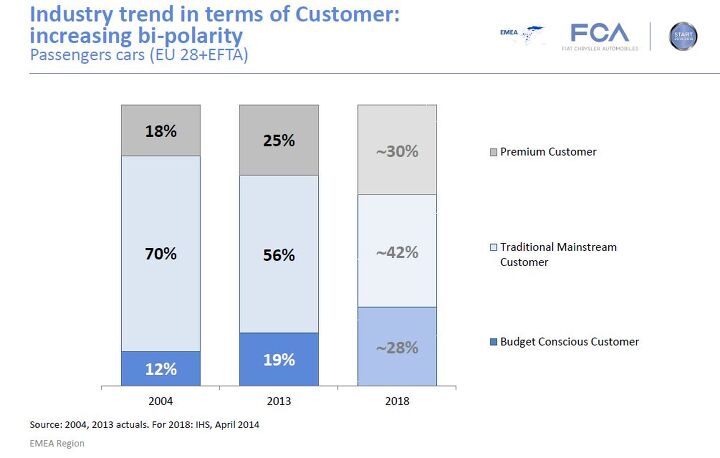#market
Is the Apple Car Still Coming?
It’s been coming for years and is rumored to turn the automotive world upside down. But the all-electric Apple Car has failed to manifest. We’ve covered the many hardships endured by the code-named Project Titan, which supposedly employed 5,000 people and was rumored to have roped in Volkswagen. But that was in 2018, years after the vehicle’s development cycle had begun and allegedly changed from a pod-like autonomous car built by Magna International to a corporate shuttle based on the VW Transporter.
The story of Apple’s EV has changed so many times over the years that it’s getting hard to believe that we will ever see it. But the latest from the corporate press suggests that it’s still coming.
Kia Rumored to End Stinger and K5 Production, Brand Says Nah
Following reports that the Hyundai Sonata may not be long for this world, there have been rumbling that the fate of the Kia Stinger and K5 sedan may also be in jeopardy.
The reasoning is obvious. After years of crossovers seeing an increased share of the global market, automakers have been dumping sedans so they can sell products that come with higher margins. A sizable percentage of the population has also been sold on the theory that higher-riding vehicles are automatically safer than their road-hugging counterparts. While that is endlessly debatable between models, there are aspects of crossovers that make real sense for the modern era. Storage capacity is typically better than what you’d find on a similarly sized sedan and the lengthened suspension travel can help the vehicle absorb the impact of pothole-laden streets that seem to be cropping up everywhere.
Chip Shortage Lambasts Europe, Supply Chains Confront New Problems
Even though the global semiconductor shortage has been going strong for about two years now, the world has failed to successfully manage the situation. Production stoppages remain relatively common within the automotive sector, with manufacturers continuing to attribute factory stalls to an inability to procure a sufficient number of chips. But the excuse seems to have evolved into a catch-all explanation for supply chain issues that continue that go beyond a single missing component.
That makes it a little hard to determine precisely how much of the ongoing production shortfalls can be pinned on semiconductors. But AutoForecast Solutions (AFS) was keen to take a whack at it and determined roughly 1.4 million vehicles have been removed from the automotive industry’s targeted output for 2022 — that’s on top of the 10.5 million units we lost in 2021. While the issue is indeed global, AFS stated that the last batch of vehicles to get the ax was predominantly from Europe.
CarMax On Used-Car Buying Spree As Market Madness Continues
With used-car prices soaring, retailer CarMax has been busy swooping up used vehicles to flip for sale.
That could be a solid strategy since the chip shortage has left new-car dealers bereft of vehicles on the lot.
If You're Wondering Why Automakers Can't Stop Talking About Mobility, Wonder No More
“Mobility” is easily the most overused term in today’s automotive vernacular. Despite being incredibly nonspecific, executives can’t help but make it the bookend of most speeches involving long-term goals and production stratagems. But why?
The term itself pertains more to the industry itself than the specific products it’s developing. While “mobility” can be applied to any conveyance with a technological bent, the word also represents a company’s ability to move into other areas of business. And that’s what gets the investors and market analysts tugging at their collective collar, damp across the brow, so red hot they can’t help but raise the stock valuation of any company that seems poised to make a big move.
Tesla’s entry as novel manufacturer with a unique product was enough to send its share price through the roof, and established automakers took notice. Despite Mark Fields’ best attempt to rebrand Ford as a tech company, he couldn’t bottle that same lightning and paid the ultimate price — getting fired. However, General Motors may be succeeding where Ford initially failed. The proof of the pudding is how high its share prices continue to climb.
Chart Of The Day: The Hollowing Out Of Europe's Middle Class Car Market
One of the frequent themes discussed on TTAC is the rising inequality of the mainstream car market in Europe. Since the Great Financial Crisis, Europe’s auto market has not only undergone a severe contraction in terms of volume, but also a radical shift in its composition.





















Recent Comments